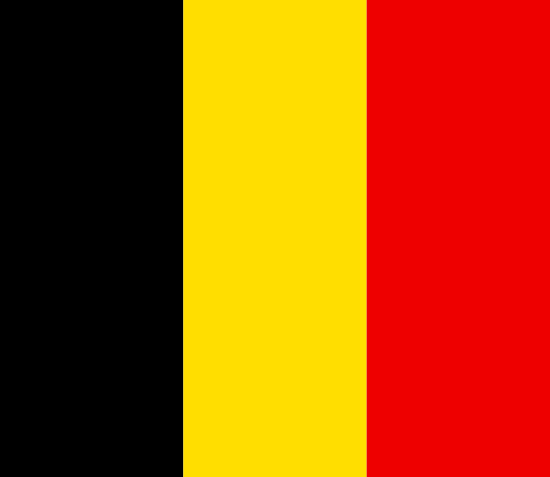"Arlon, la cité millénaire | Arlon, the millennial city"
About:
Arlon, Belgium, traces its roots back to Roman times, originally named Orolaunum. It became part of the Frankish Empire in the 5th century. In the Middle Ages, it was a key trading center due to its strategic location. It shifted hands between France and Austria in the 17th and 18th centuries, before becoming part of Belgium in 1839. Today, Arlon is the capital of the Belgian province of Luxembourg, known for its rich history and Roman and Medieval architecture.
When to visit:
Arlon, located in the southern region of Belgium, experiences a temperate maritime climate with mild summers and cool winters. The best time to visit Arlon for a holiday is during the spring and summer months, from May to August, when the weather is pleasant and outdoor activities can be enjoyed. Visitors can explore the historic sites, such as the Arlon Archaeological Museum and the Saint Donat Church, and participate in local festivals and events that take place during this time of year. It is advisable to book accommodations in advance, as these months are popular among tourists seeking to experience the charm of this picturesque Belgian town.
When to avoid:
Arlon, a charming city in Belgium, experiences its least favorable travel conditions during the winter months. The period from December to February is characterized by cold temperatures, frequent rainfall, and the possibility of snowfall. The city's historic sites and outdoor attractions may be less enjoyable to explore in inclement weather, limiting the overall travel experience. Travelers seeking a more pleasant visit to Arlon may want to consider planning their trip during the spring or summer months when the weather is milder and more conducive to sightseeing and outdoor activities.
Winter Season (Dec-Feb)
Winter in Arlon, Belgium, is the coldest part of the year, with temperatures averaging between -1°C to 4°C. Rainfall is moderate with 65mm average precipitation, and snow is occasional. Days are short and sunlight is scarce, with an average of 2 hours of sunshine per day. The sky is often overcast, creating a gloomy atmosphere. An average day for a visitor would involve bracing the cold, possibly navigating through snow, and spending more time indoors due to limited daylight and frequent cloud cover.
Spring (March–May)
Spring (March–May)
Language:
In Arlon, a city in Belgium, the most commonly spoken language is French, due to its location in the French-speaking region of Wallonia. However, Luxembourgish is also spoken in some parts, given its proximity to the Luxembourg border. Additionally, due to international influences and immigration, languages such as Dutch, German, and English may also be heard.




